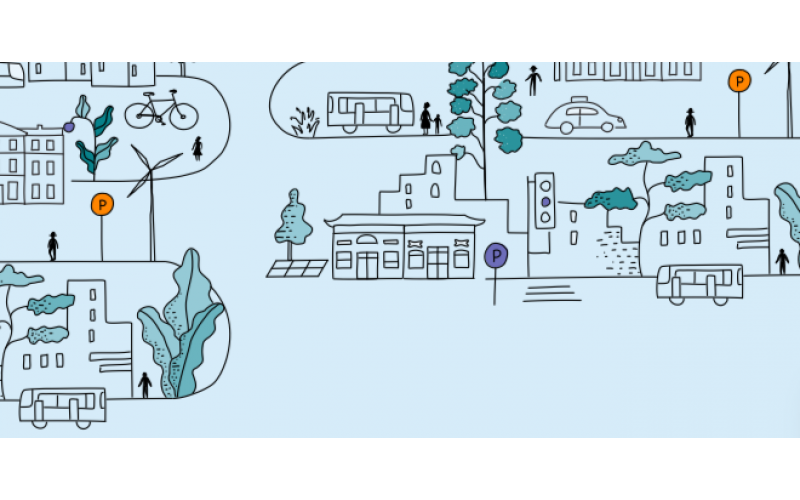In a span of a few months, our world has been transformed in a manner that none of us anticipated. The novel coronavirus pandemic triggered the worst public health crisis in a century and we are now living through the worst economic recession since the Great Depression. With over 90 per cent of confirmed cases coming from urban areas, cities remain the epicentres of COVID-19. In our rapidly urbanizing and globalized world, the virus has spread to virtually every corner of the globe; first, among globally connected cities, and now, through community transmission, from the city to the countryside.
COVID-19 has exposed and exacerbated underlying inequalities in cities. The poor are the most vulnerable and the most likely to die from the disease. Informal workers dependent on daily wages have been deprived of their livelihoods. Children without internet access have lost a year of formal education. Elderly persons, facing risk and stigmatization, are confined to their homes with no opportunities for social interaction. Migrant workers return home after grueling journeys to face a future of poverty. Others are confined to dormitories with high exposure to the disease. Minority groups have also been disproportionately affected. Women were forced to juggle childcare, education and work without access to schools and daycare services. Essential workers continue to toil tirelessly and at great personal risk to ensure that our urban services function uninterrupted. Above all, COVID-19 is reversing the gains made in poverty eradication and is pushing back the possibility of attaining the Sustainable Development Goals by at least a decade if not more.
In the midst of all this gloom, urban areas offer a glimmer of hope as cities and frontline agencies have a key role to play in turning this grim situation around. The World Cities Report 2020 makes the case that cities remain central to the sustainable development trajectory. The Sustainable Development Goals, and particularly Goal 11, recognize the transformative role that cities can play. COVID-19 brings to the forefront how effective and essentially local governments and communities are to the recovery process. The New Urban Agenda makes the case for the value of sustainable urbanization, or how people choosing to make their lives in cities can contribute to economic prosperity, environmental quality, social equity and strengthened civic and cultural institutions. Urbanization is essential to global efforts to build back better and to transition to sustainable development.
COVID-19 will not reverse urbanization. The primal drive to congregate in cities and towns in pursuit of aspirations and a better life will continue. But we have a chance to make this agglomeration process more inclusive, with a clear focus on our collective wellbeing. To harness the transformative powers of urbanization towards sustainable development, we need effective planning, management and governance. We also need to build back greener. Growth cannot be at the expense of the environment.
The World Cities Report 2020 convincingly affirms that well-planned, managed, and financed cities and towns create economic, social, environmental and other unquantifiable value that can vastly improve the quality of life of all. Urbanization can be leveraged for the fight against poverty, inequality, unemployment, climate change and other pressing global challenges. In this regard, sustainable urbanization can play a key role in the Decade of Action to accelerate growth and shared prosperity to advance the achievement of the SDGs by 2030.
Global agendas provide comprehensive, multi-sectoral and multi-stakeholder frameworks for unlocking the value inherent to urbanization. But we need to do things right by ensuring that cities are well-planned, well-managed and with sustained financing. For this to happen, national governments must create an enabling environment for cities to thrive, and local authorities must seize the opportunities given to them to flourish and develop. Urbanization should not be at the expense of rural development. In fact, both should be symbiotic and mutually enhancing. The private sector should invest in sustainable development projects, deploying innovative ideas for affordable housing, infrastructure and clean technologies. Civil society must strengthen institutions and contribute with their powers of imagination to be part of this transformative process with a renewed sense of openness, participation and commitment. When all the interlocking parts operate in harmony and are supported by appropriate institutions and policies, cities will thrive and their value will be enhanced and shared by all; and in the process, no one and no place will be left behind.

